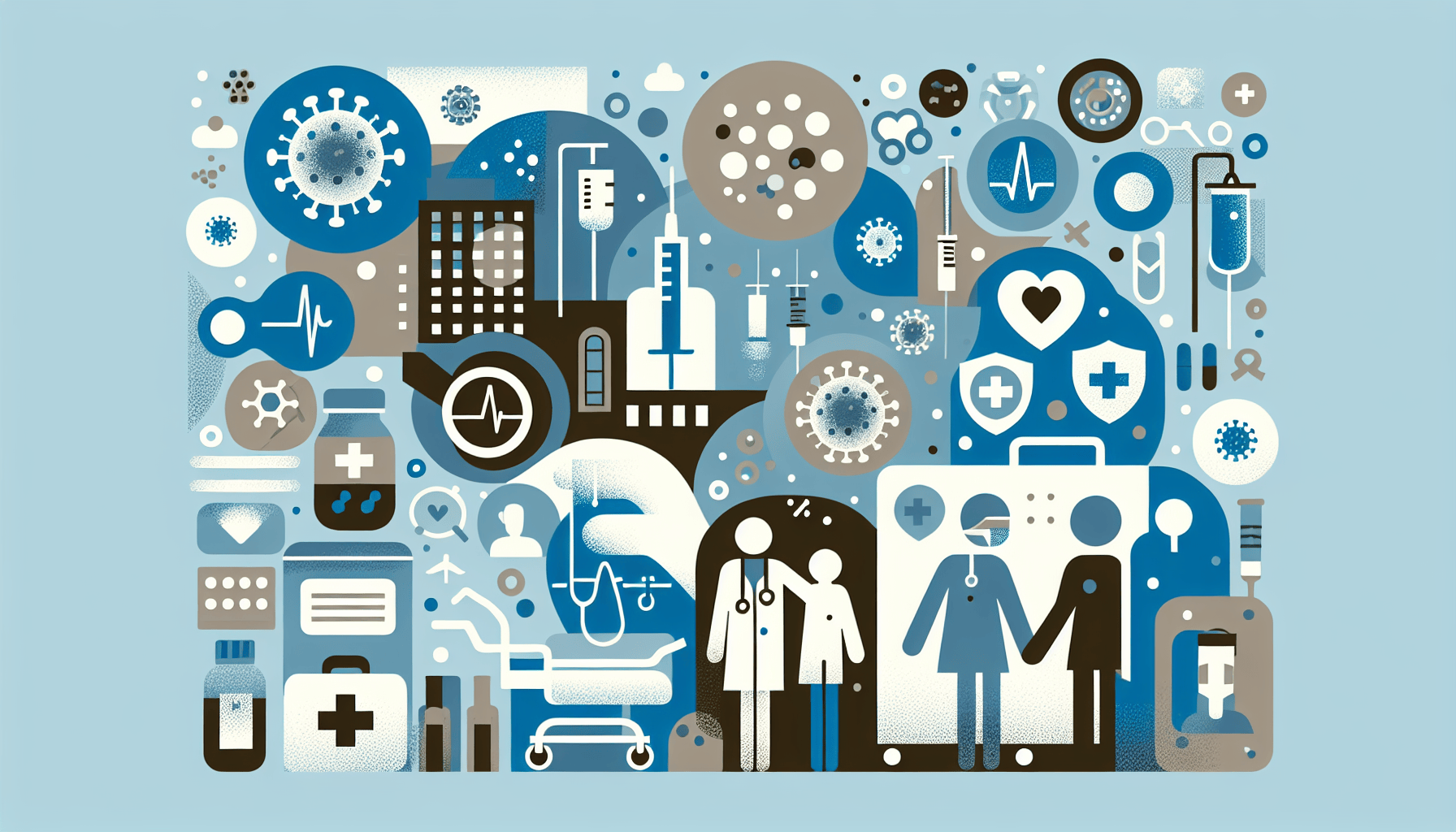When you're admitted to a hospital, your primary focus is on recovering from your illness or injury. However, it's crucial to be aware of potential risks and take steps to ensure your safety during your stay. This guide will help you understand how to protect yourself from infections and medical errors while in the hospital.
Understanding Hospital-Acquired Infections
Hospital-acquired infections, also known as nosocomial infections, are infections that patients develop during their hospital stay. These infections can be caused by bacteria, viruses, or fungi and can range from mild to life-threatening. Some common types of hospital-acquired infections include:
Urinary tract infections
Surgical site infections
Pneumonia
Bloodstream infections
To reduce your risk of acquiring an infection while in the hospital, follow these tips:
Wash your hands frequently with soap and water or use an alcohol-based hand sanitizer.
Encourage your healthcare providers to wash their hands before and after interacting with you.
Keep your hospital room clean and tidy.
Follow your healthcare team's instructions regarding wound care and dressing changes.
Preventing Medical Errors
Medical errors can occur during any stage of your hospital stay, from diagnosis to treatment and medication administration. To minimize the risk of medical errors, take an active role in your care by:
Providing your healthcare team with a complete and accurate medical history.
Asking questions about your diagnosis, treatment plan, and medications.
Double-checking your medication doses and frequencies with your healthcare providers.
Ensuring that your healthcare team confirms your identity before administering any treatments or medications.
Remember, you are your own best advocate. Don't hesitate to speak up if something doesn't seem right or if you have concerns about your care.
Partnering with Your Healthcare Team
Effective communication with your healthcare team is essential for a safe hospital stay. Be sure to:
Express your concerns and preferences clearly.
Ask for clarification if you don't understand something.
Involve a trusted family member or friend in your care, especially if you feel overwhelmed or unable to advocate for yourself.
By working closely with your healthcare team and taking an active role in your care, you can significantly reduce your risk of experiencing a hospital-acquired infection or medical error.
Remember, your safety is a top priority during your hospital stay. By staying informed, vigilant, and proactive, you can help ensure a safer and smoother recovery.
For more information on hospital safety, visit:
The Bottom Line
Active patient involvement—asking about hand hygiene, confirming your identity before procedures, and questioning unfamiliar medications—can significantly reduce your risk of preventable complications during hospitalization. If you develop fever, unusual pain, or concerning symptoms after a hospital stay, Doctronic can help you quickly determine if these warrant immediate medical attention.



